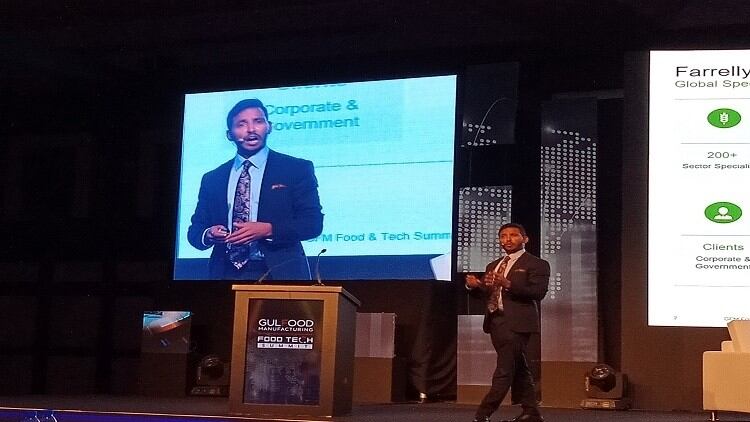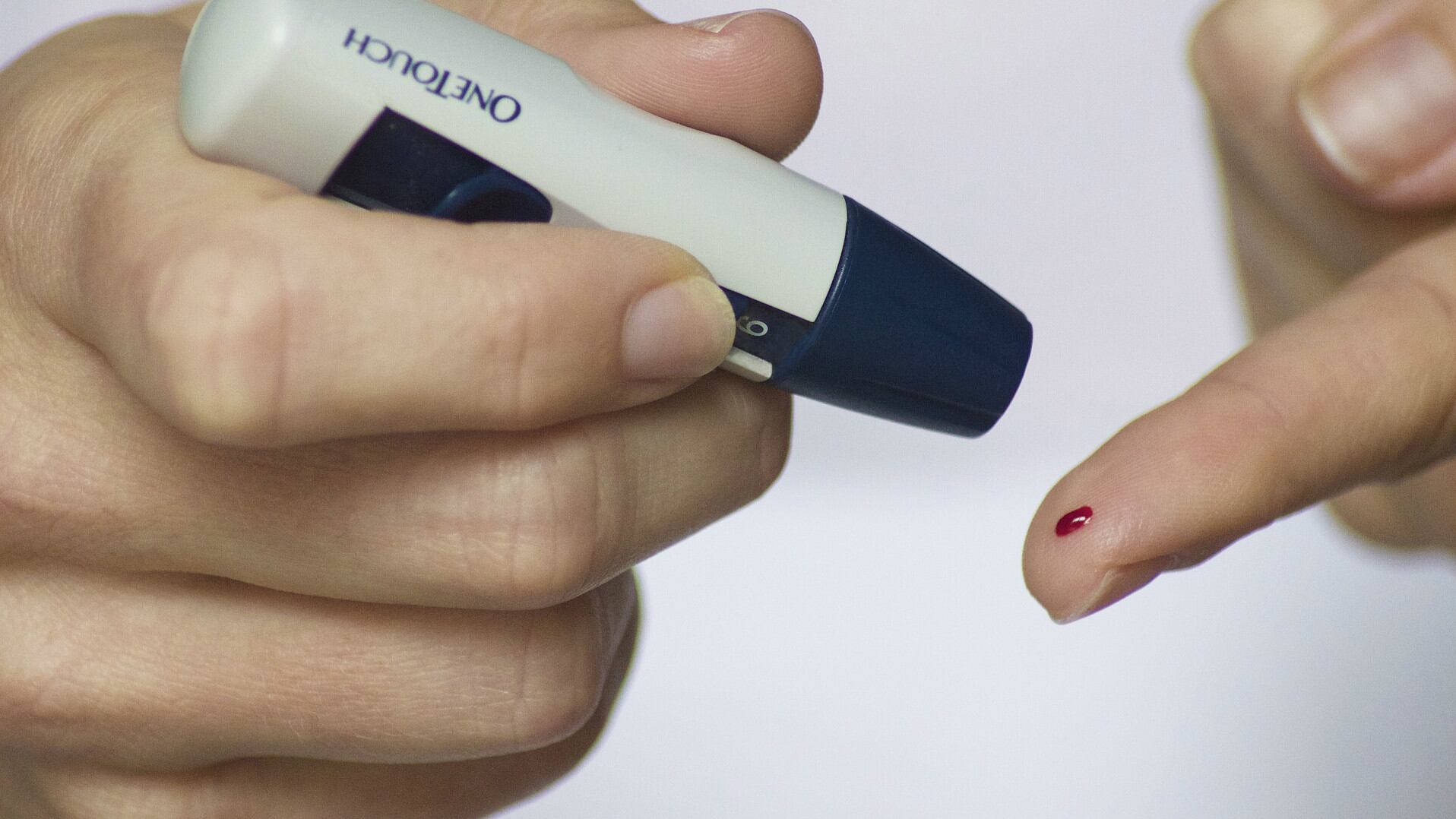Translation and logo woes: The pitfalls to avoid when selling halal food to the UAE
Misleading translations and an absence of the Halal National Mark are pitfalls that companies could avoid when selling halal food to the UAE.
At present, only meat, meat derivatives, and products containing meat derived ingredients need to be certified halal in the UAE.
All products that claim to be halal should bear the Halal National Mark, which was officially introduced by the Emirates Standardisation and Metrology Authority (ESMA) in 2015.
FoodNavigator-Asia recently spoke to Hassan Bayrakdar, the MD of UAE-based Raqam Consultancy to find out common mistakes that firms make when selling halal food into the UAE.
He said some importers had overlooked the requirements and bought in products that do not have the correct halal logo.
Saudi food trends: Demographic changes and health issues set to shape consumer spending
Demographic changes and the increasing health challenges seen in Saudi Arabia will provide new opportunities for food and beverage growth, but firms have been warned that brand loyalty may be a thing of the past.
This is according to Chaitanya GRK, senior manager at business consultancy firm Farrelly & Mitchell, who spoke at the Gulfood Manufacturing show last month.
The first point he made, was that a favourable demography would drive the demand for food and beverage in Saudi Arabia.
“The median age of the population is almost 10 years younger than any of all developing countries,” he said.
The current median age in Saudi is 29.8 years old and is expected to be 34.7 in 2030.
Start small and reap rewards: Lessons from the digital transformation of Saudi food and beverage packaging firm
Start small, think big: That’s the key advice for food firms and their suppliers which are seeking to digitise and automate their factories, according to Saudi food and beverage packaging firm Obeikan.
The company shared its experience working with General Electric and aseptic food and beverage packaging provider SIG in digitalising its factory during a panel discussion held in Gulfood Manufacturing.
Titled “Digital in the Real World: Implementing Solutions in F&B IIoT (Industrial Internet of Things)”, the panel discussion involved moderator Avinash Ratta, MD of Grain Velocity, Abdallah Obeikan, the CEO of Obeikan Investment Group and board chairman of Obeikan AGC, Ali Saleh, senior VP and CEO at General Electric Digital (MENA/SSA), and Mak Min Kin, deputy VP at SIG (Corporate Development).
Asked his experience in implementing digital transformation in his factories, Obeikan said that connecting the machines was the most difficult part.
Why production capability is as important as product innovation to meet customisation and convenience demands
Food and beverage manufacturers should not only focus on product innovation to meet changing consumer demands, but also upgrade their production capabilities and adopt flexible arrangements.
The points were made during a panel discussion held at the recent Gulfood Manufacturing show.
Titled “Competing in a global market - Is your factory holding you back”, the panel discussion involved Amir Sotoudeh, MD of Multivac Middle East, David Beanland, MD (Middle East) at Schoeller Allibert International, Fahrettin Gunalp Ertik, VP of supply chain and manufacturing at Pladis Global, Hassan Bayrakdar, MD of Raqam Consultancy, and Rajnish Ohri, MD (IMEA) of Hain Celestial.
Mass product customisation and convenient packaging were some of the consumers’ demands raised during the panel.





